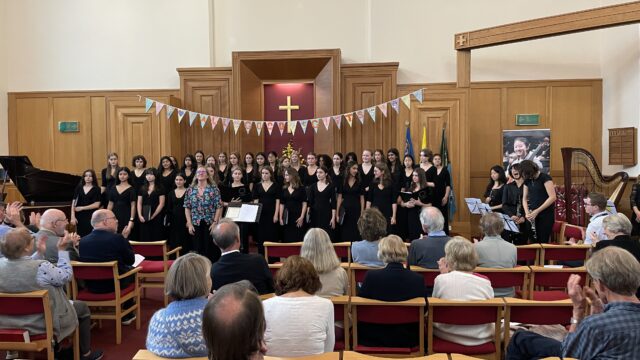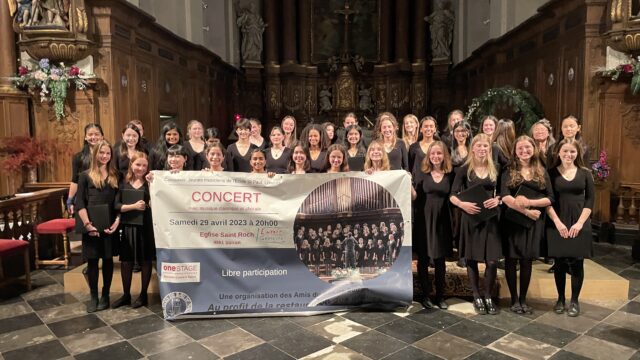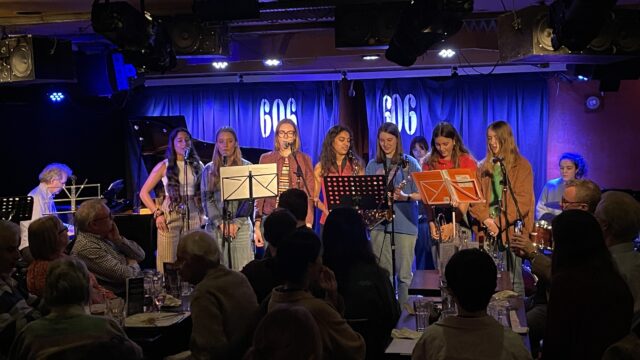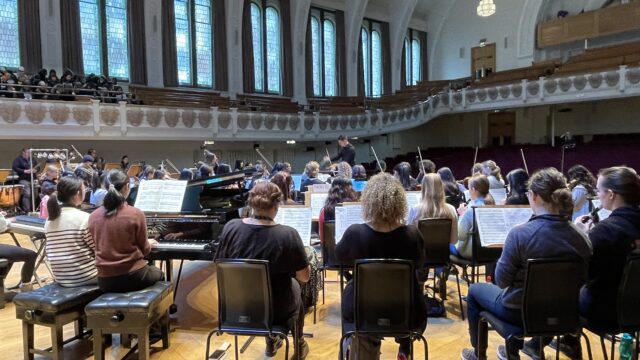Music
Inspiring a life-long love of music.
What we study
Academic music aims to develop a variety of different musical and personal skills through a range of musical genres. Through a deeper knowledge of how and why music has such a powerful effect we aim to enhance pupils’ practical music-making and concert-going.
We follow the Eduqas syllabus at A level and regularly prepare students to study music at Oxbridge and other leading universities. Over the two years we study composition, performance, analysis and develop deeper listening skills of various genres and styles from areas of study including the Symphony and Musical Theatre. Students will learn to talk about, write about and create music from many different angles as well as gaining a sense of how music has developed over time and relates to emotion and image.
Studying music at St Paul’s is challenging, interesting and enjoyable with its mix of academic and creative elements helping to develop the whole person.
Beyond the curriculum
Music-making at St Paul’s has a well-deserved reputation for excellence and a rich history. Holst, Vaughan Williams and Howells all taught here and music lessons still take place in the room where Holst composed The Planets. From its foundation, the department has maintained a progressive ethos and both the recent refurbishment of the beautiful Singing Hall and the addition of a professional recording studio have ensured that this continues today.
Every student has the chance to form her own opinions of music and how it relates to her life. We provide opportunities for students who have never learned an instrument before alongside helping the most advanced performers to achieve their goals. We run a wide variety of ensembles in a range of styles, from large orchestras to close harmony groups. Many bring together musicians from all years and almost all can be joined without audition. We believe in tackling major works from the orchestral and choral repertoire, with performances at national and international venues, offering pupils amazing experiences that stay with them beyond their time in school.
We are fortunate to have a staff of around 60 musicians teaching in the department, many of whom are leading professionals within their fields. In addition, there are workshops, masterclasses and concerts given by prominent musicians, which further enrich the musical community. We hope that, at the very least, the vibrancy of the department will mean students leave St Paul’s with a life-long love for music.
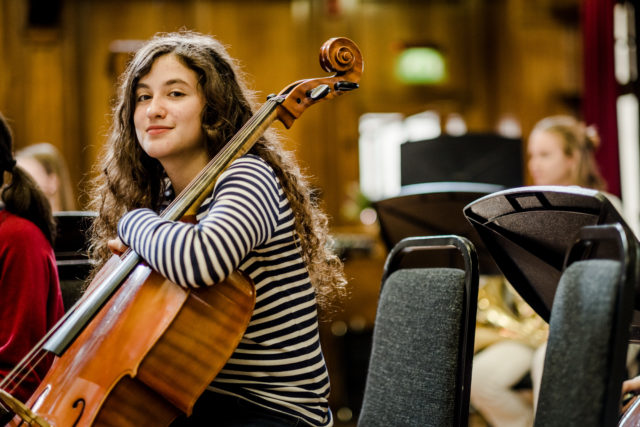
Where it might lead
Many students have gone on to study music at leading universities with some continuing on to careers in music. For those who don’t continue their music studies, A level music is a highly regarded qualification, demonstrating a broader range of skills alongside other subjects such as mathematics or the sciences. Either way it often remains an important part of their lives as members of choirs and orchestras or as concert goers and listeners.
Qualification
A level
Board
Eduqas (WJEC)
Mode of Assessment
40% examinations, 35%/25% performance and 35%/20% composition


